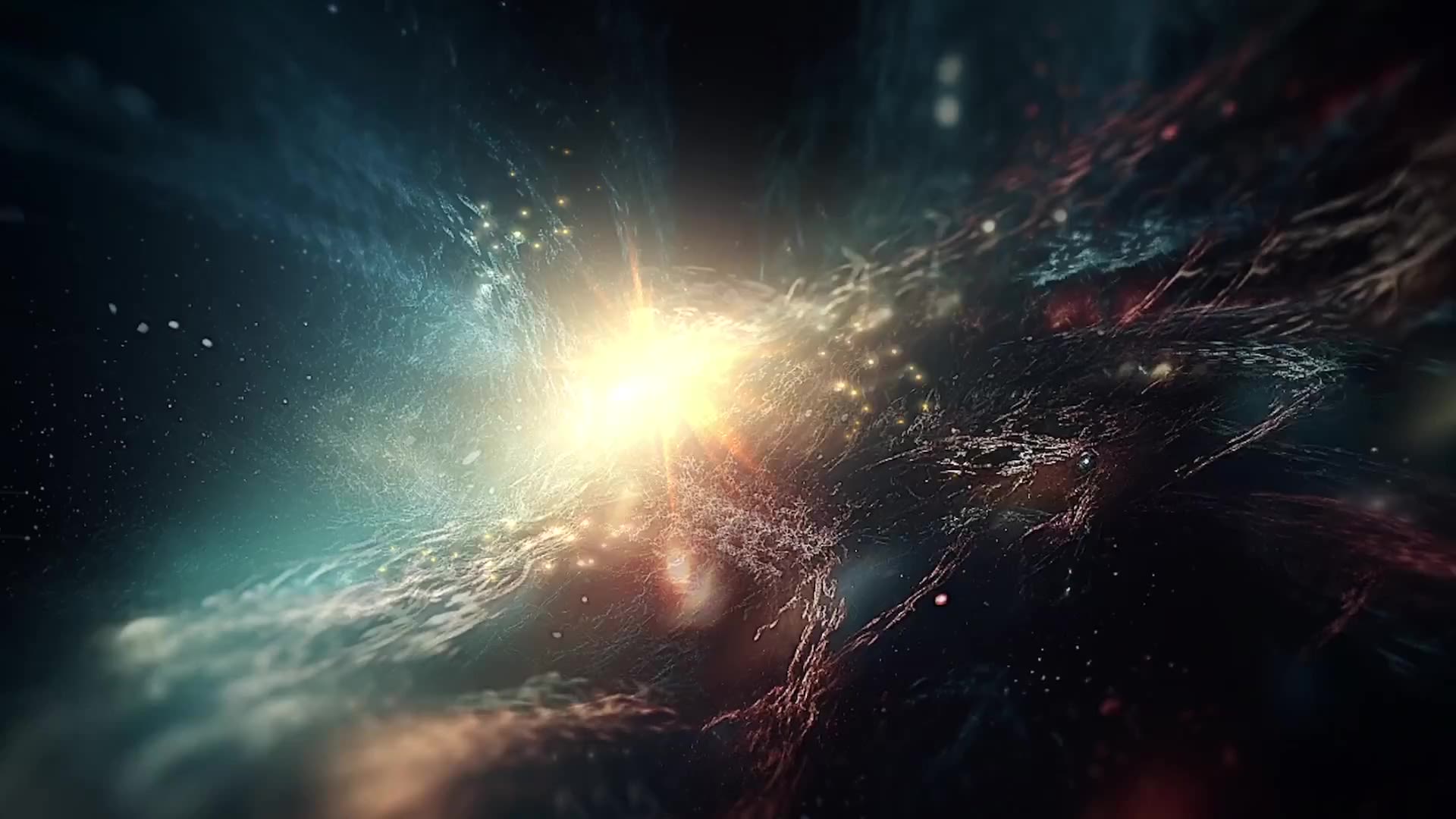Oracle of Consciousness
#61 - Critical Thinking

What is Critical Thinking?
And where can I get some?
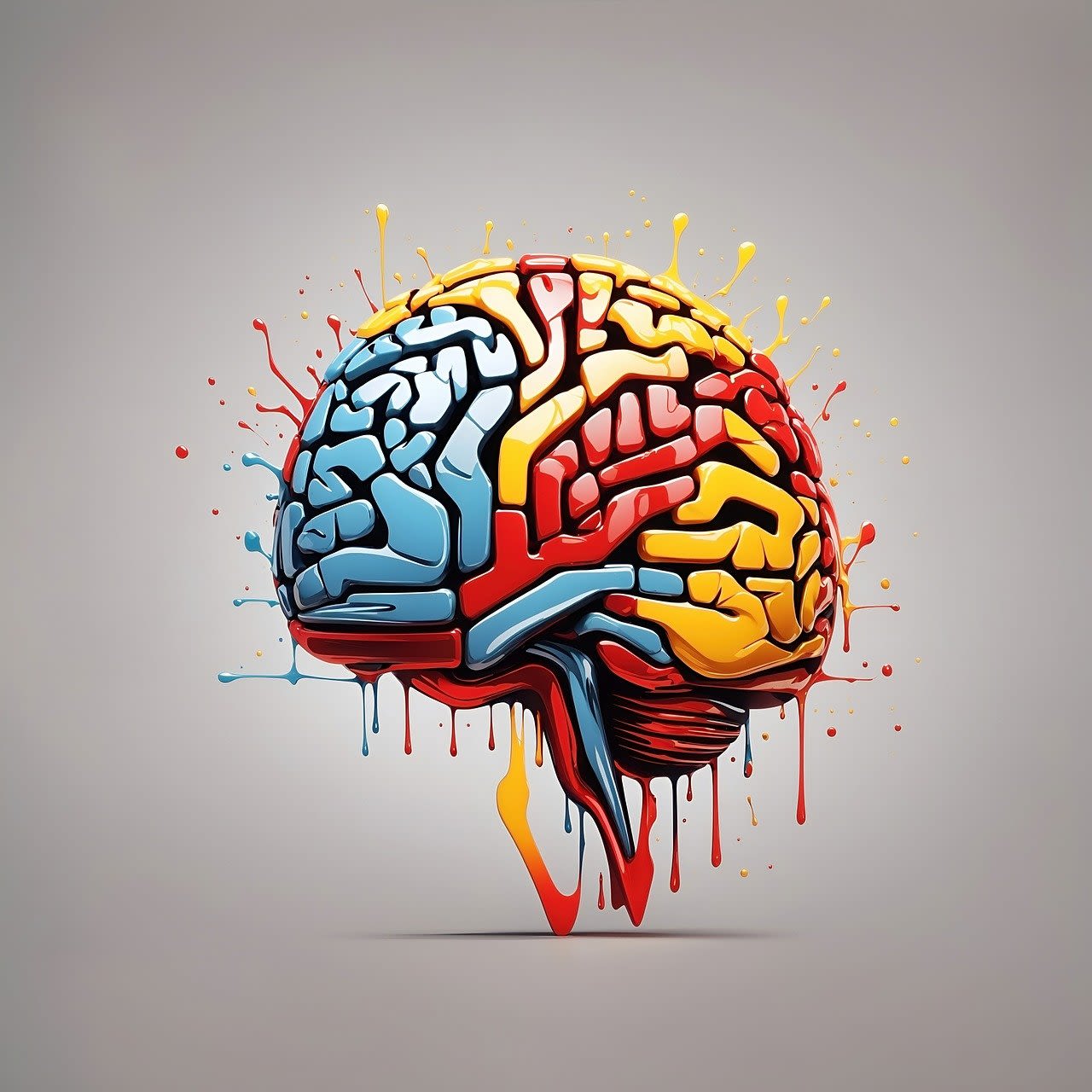
Critical thinking is the analysis of available facts, evidence, observations, and arguments in order to form a judgement by the application of rational, skeptical, and unbiased analyses and evaluation.
wikipedia
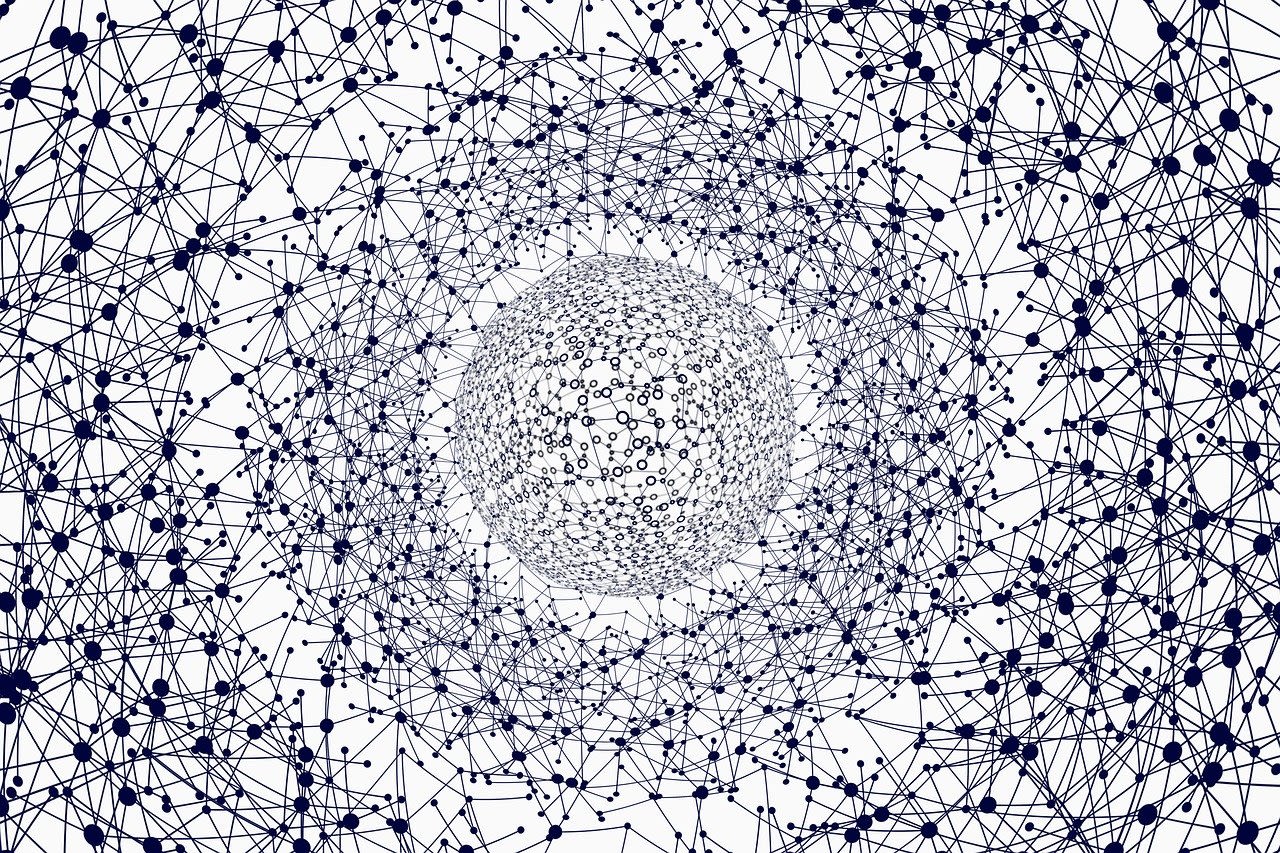

Why is critical thinking so important?
Simply put, critical thinking is disciplined, clear, open minded analysis of evidence.
Because in the search for truth about who we are and what is happening in our world, it's important to see through the haze, view the illusion, sift through the information, observe the falsehoods for what they are, and to arrive at a conclusion that is true for you, not necessarily for anyone else!
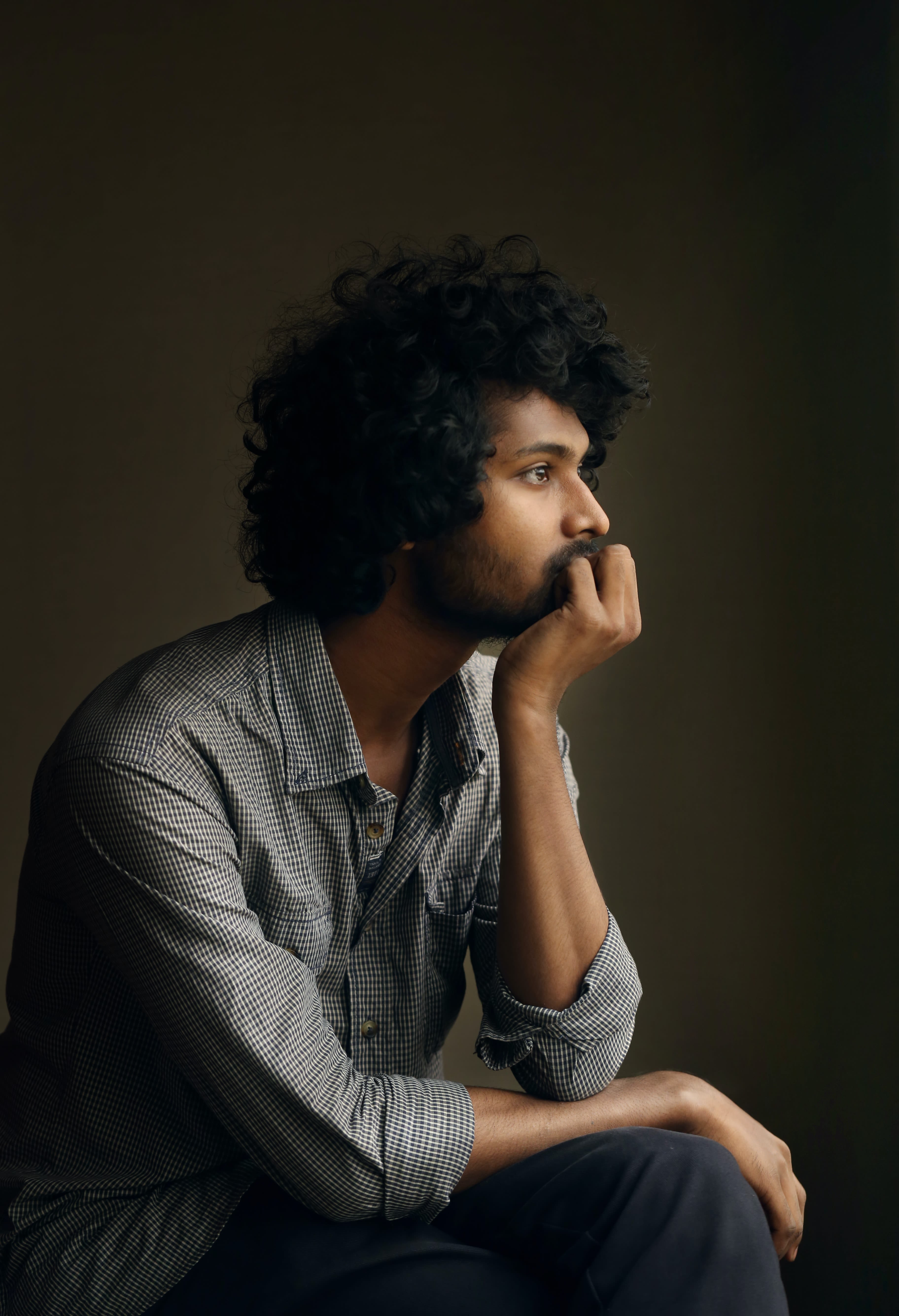
Photo by Kazi Mizan on Unsplash
Photo by Kazi Mizan on Unsplash

Photo by Kazi Mizan on Unsplash
Photo by Kazi Mizan on Unsplash

Photo by Kazi Mizan on Unsplash
Photo by Kazi Mizan on Unsplash
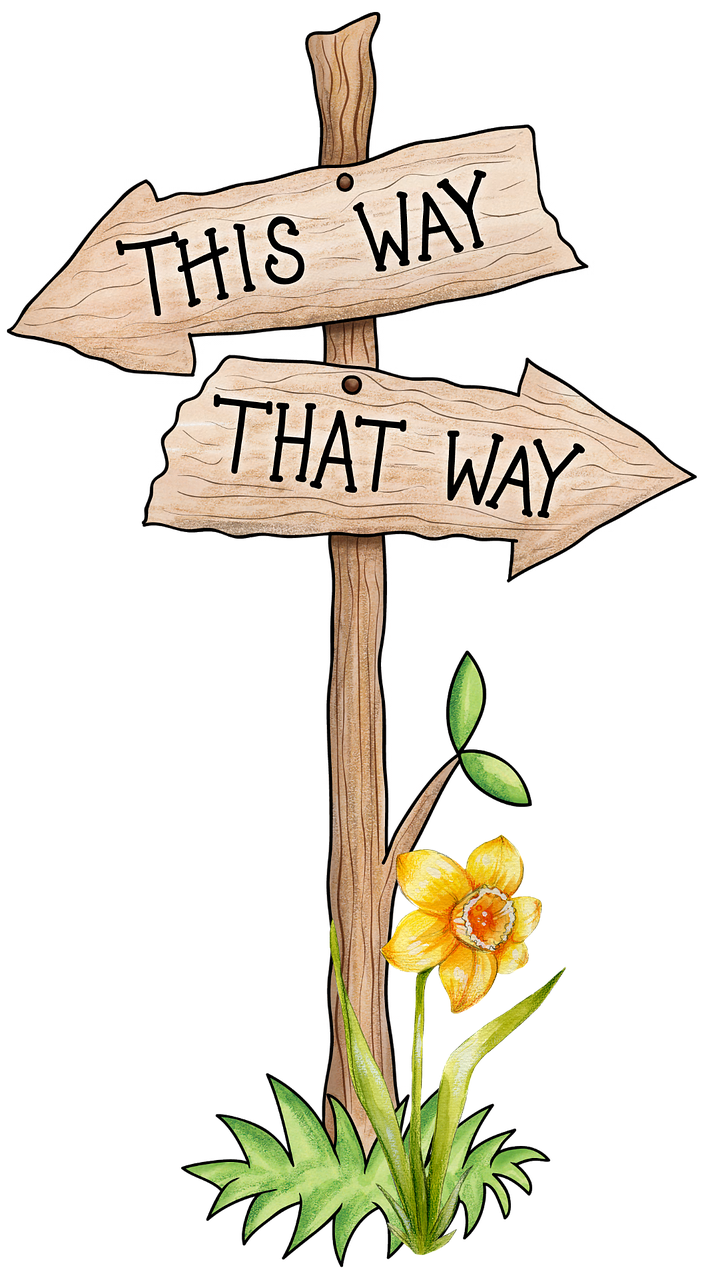


Our freedom is based on the ability to make choices and decisions from our heart, intuition and from the authentic information that we've gathered.
The only reason human beings can't make an immediate decision, is because they don't have enough information.
If that information is faulty, then it's likely to have an impact on the choices and decisions we make.
Five important critical thinking skills?
https://www.educatorstechnology.com/
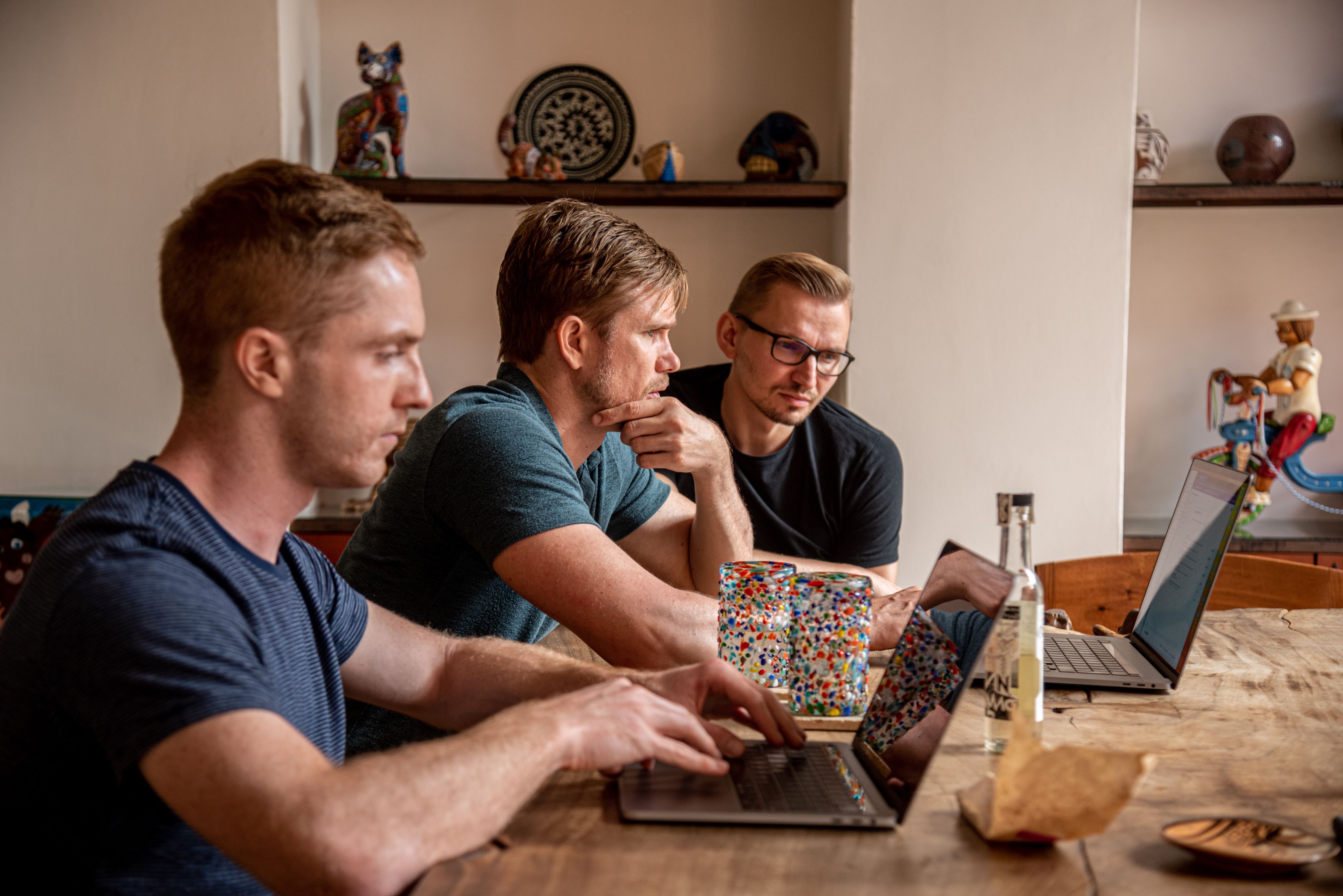
Photo by Parabol | The Agile Meeting Toolbox on Unsplash
Photo by Parabol | The Agile Meeting Toolbox on Unsplash
Problem Solving
The objective is to find solutions to emerging problems. These solutions can come in different forms and formats.
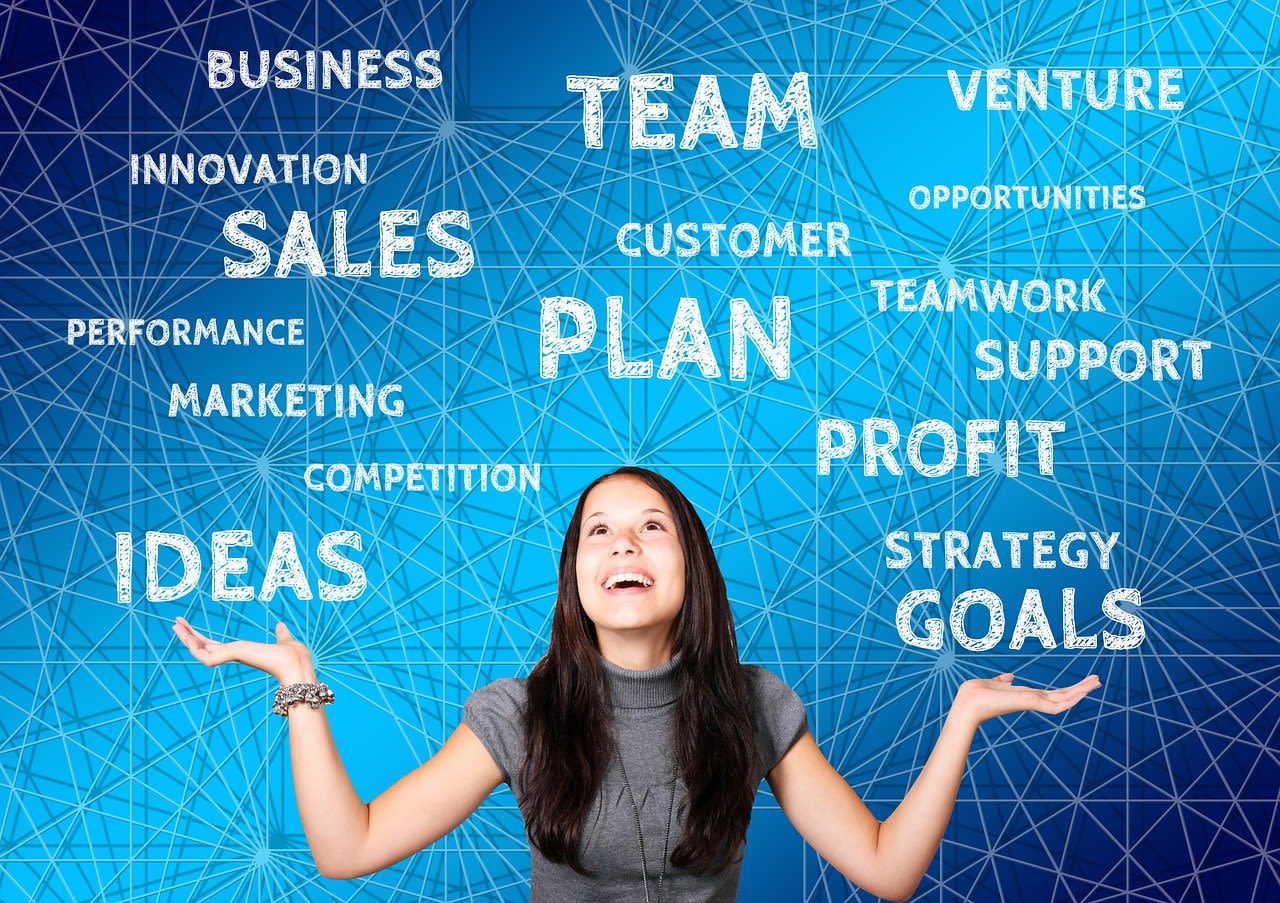
Analysing
Rigorous analytical practice is at the core of critical thinking. Analysis is where sifting chaff from grain takes place.
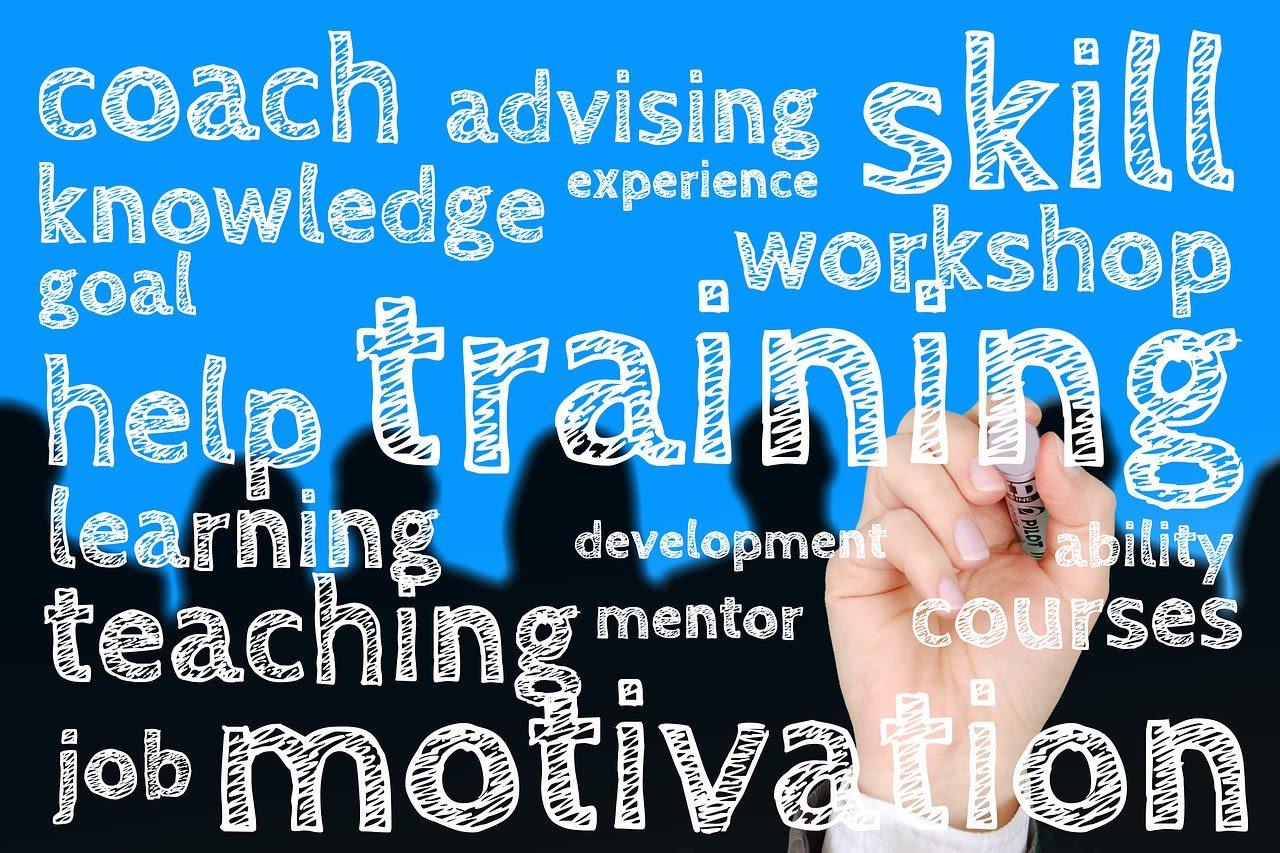
Evaluating
Assessing information against multiple criteria and never take propositions for granted. Evaluation involves scrutinizing various sources and perspectives, taking into account excluded voices, and silent viewpoints.

Photo by Alexander Schimmeck on Unsplash
Photo by Alexander Schimmeck on Unsplash
Inferring
Inferring is another key critical thinking skill.
It allows one to draw conclusions from analyzed data before making any educated guess.
The Critical Thinking Process
https://www.educatorstechnology.com/
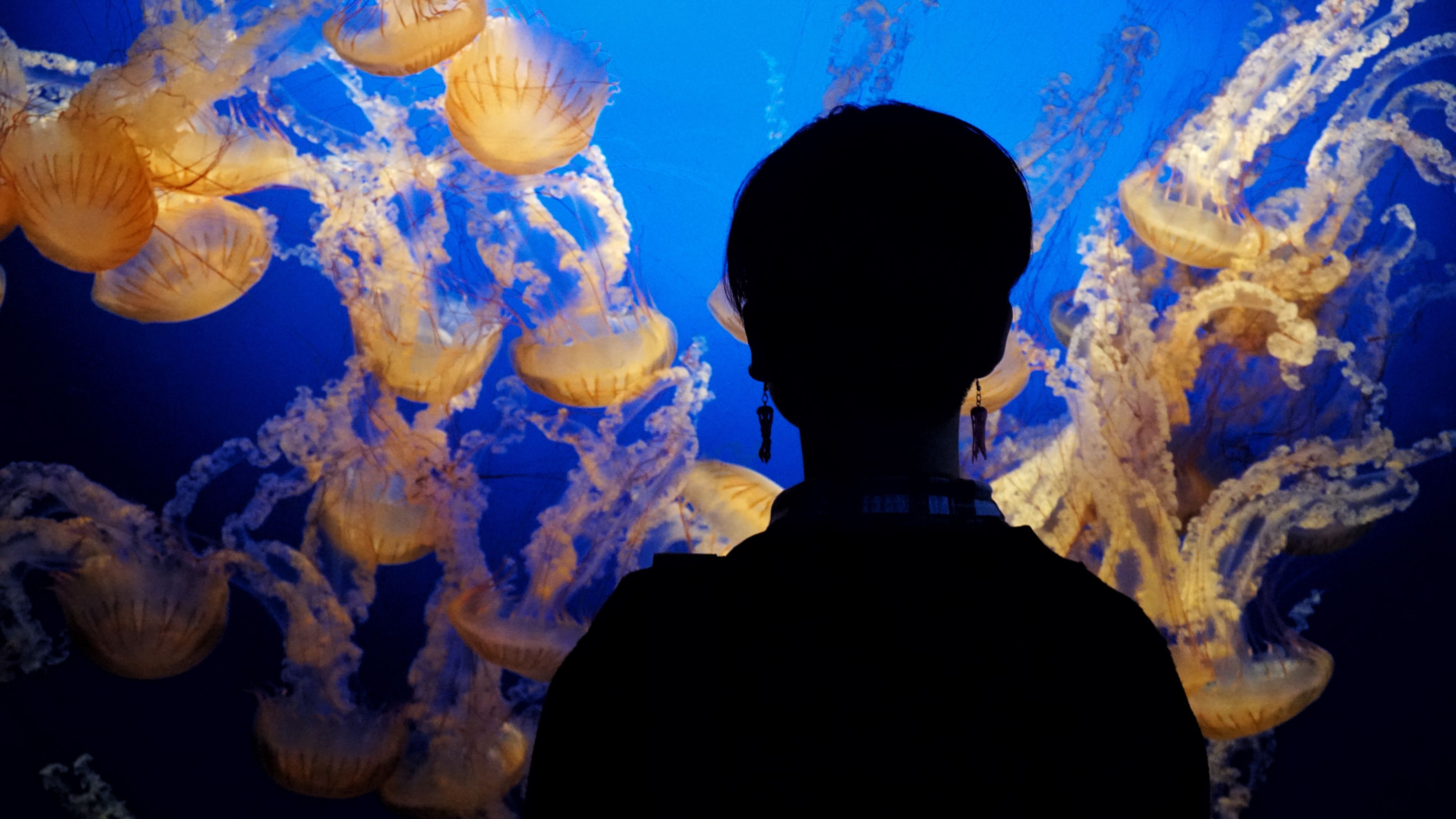
Photo by Zachary Spears on Unsplash
Photo by Zachary Spears on Unsplash
Observing
At the observation phase, one notices inconsistencies, irregularities, and abnormalities in their immediate environment. Observing is all about acknowledging the presence of an issue or a problem that requires further investigation and scrutiny.

Photo by Daniel Mingook Kim on Unsplash
Photo by Daniel Mingook Kim on Unsplash
Wonder
After observing data, one wonders about possible scenarios, plans, actions, behaviours, etc that could have been applied but were not.
Wondering is about posing questions and imagining possible answers.
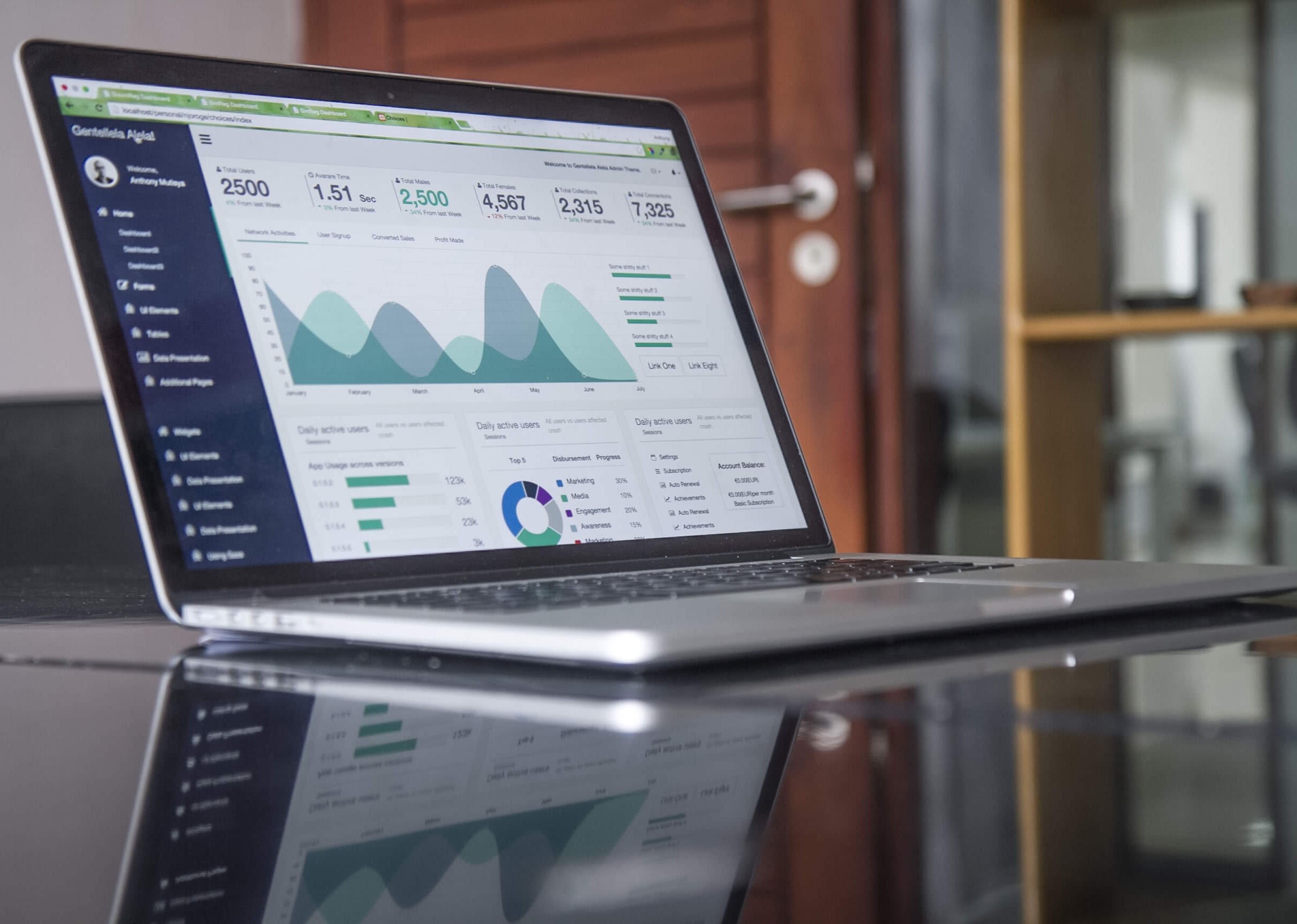
Photo by Carlos Muza on Unsplash
Photo by Carlos Muza on Unsplash
Gather Information
Gather information from different sources. The goal is to cover the issue from different angles and explore as many perspectives as possible. All possible sources of data are vetted with an eye on inconsistencies, differences, divergences and contradictions.

Photo by Towfiqu barbhuiya on Unsplash
Photo by Towfiqu barbhuiya on Unsplash
Analysis
It is through analysis that critical thinkers deconstruct arguments, reveal implicit biases, and explore alternative viewpoints. Analysis is a methodical process that entails examining and re-examining data searching for patterns of thought and identifying structural discrepancies
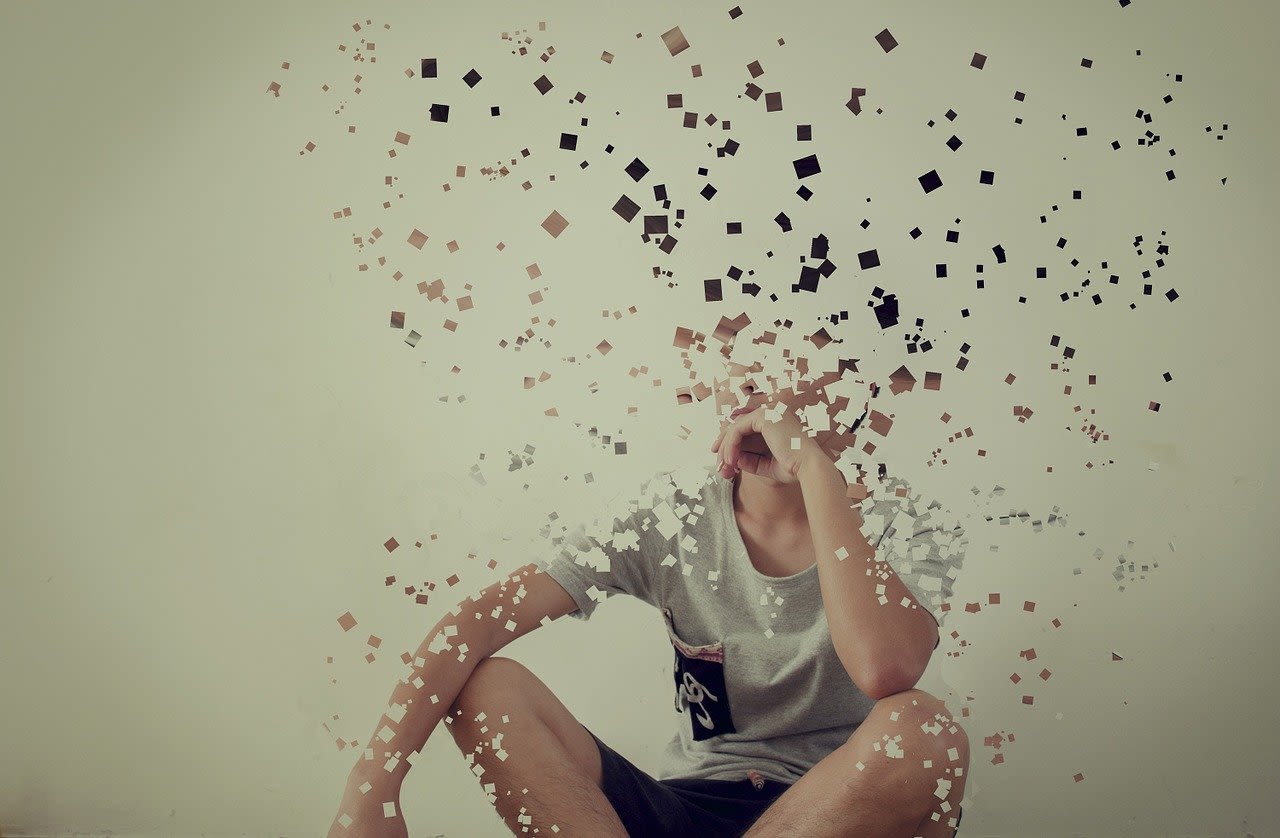
Synthesize
Critical thinkers put disparate ideas, assumptions, facts, and propositions together and combine them into an overarching argument. Effective synthesis requires deeper levels of understanding because one can only deconstruct and combine ideas after they have fully internalized them.
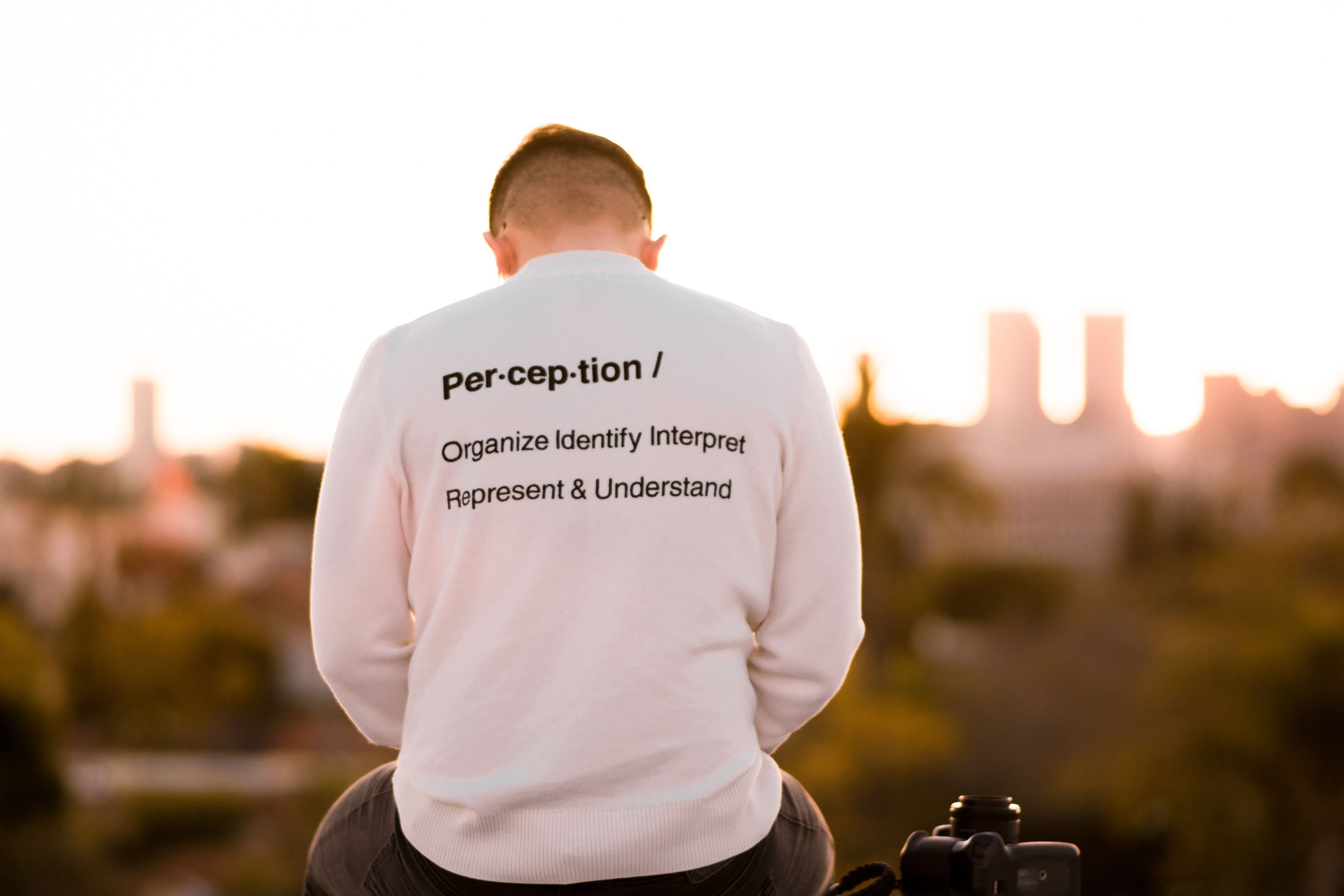
Photo by Bradley Pisney on Unsplash
Photo by Bradley Pisney on Unsplash
Identify
After gathering information, analyzing it and reflecting on it, the critical thinker is now in a position to identify problematic areas and isolate inconsistencies. The key is to narrow the broad scope of an argument and deconstruct its structure in such a way that it becomes easier to tackle, one problem at a time.
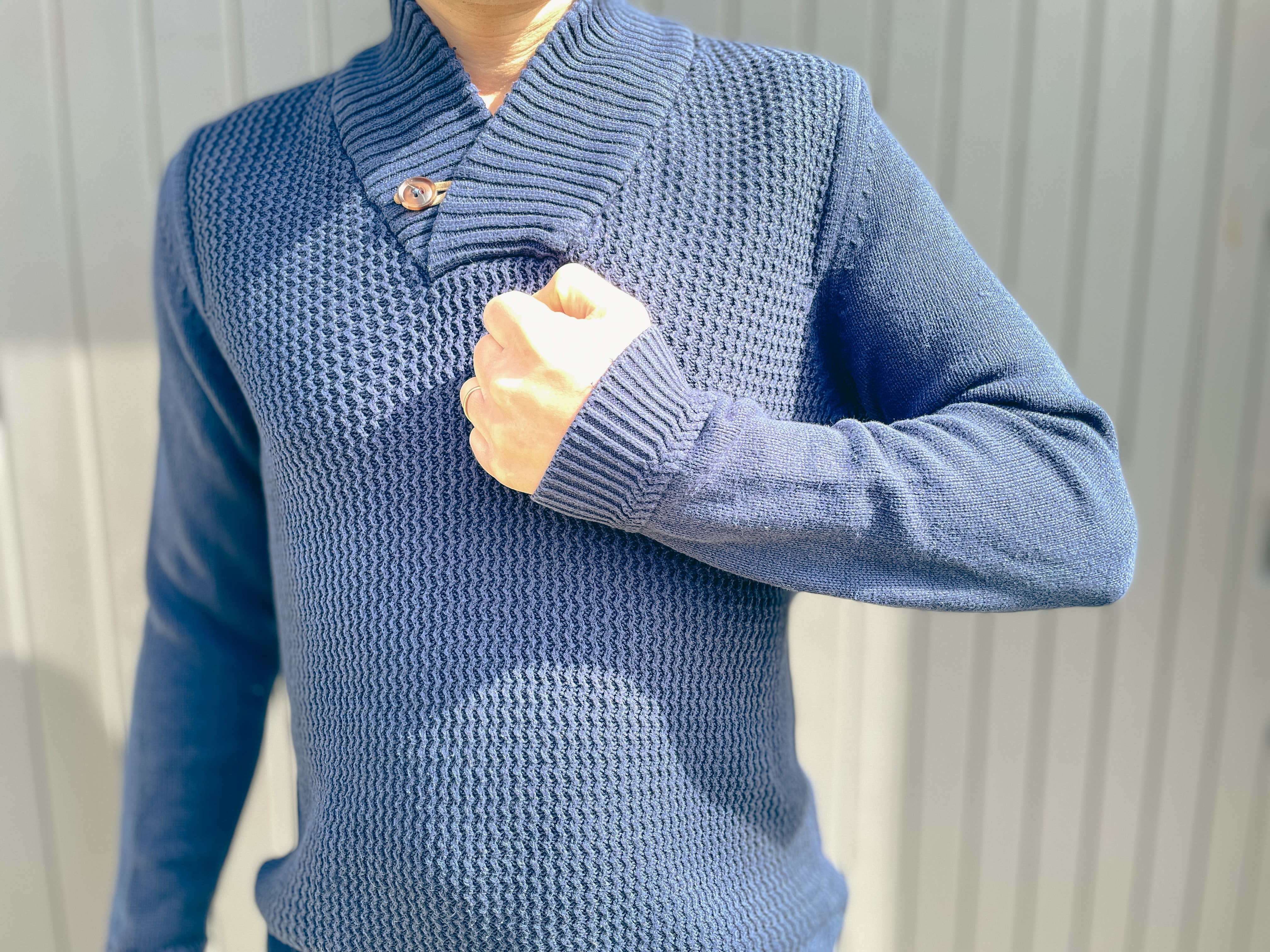
Photo by Jametlene Reskp on Unsplash
Photo by Jametlene Reskp on Unsplash
Decide
The last element of the critical thinking process is making decisions.
As stated earlier, the purpose behind critical thinking is for us to be able to make informed decisions, that is, decisions based on solid facts and arguments.
How does this affect our spiritual progress?
We must remain vigilant at all times.
Be driven by our heart, trust our intuition, use our highly intelligent left-brain critical thinking, adopt the right hemisphere holistic perspective and to be discerning with what we're seeing, hearing and reading.
When we do that, we'll arrive at a conclusion that is the truth for us.
And it is this truth that will ultimately set us free.
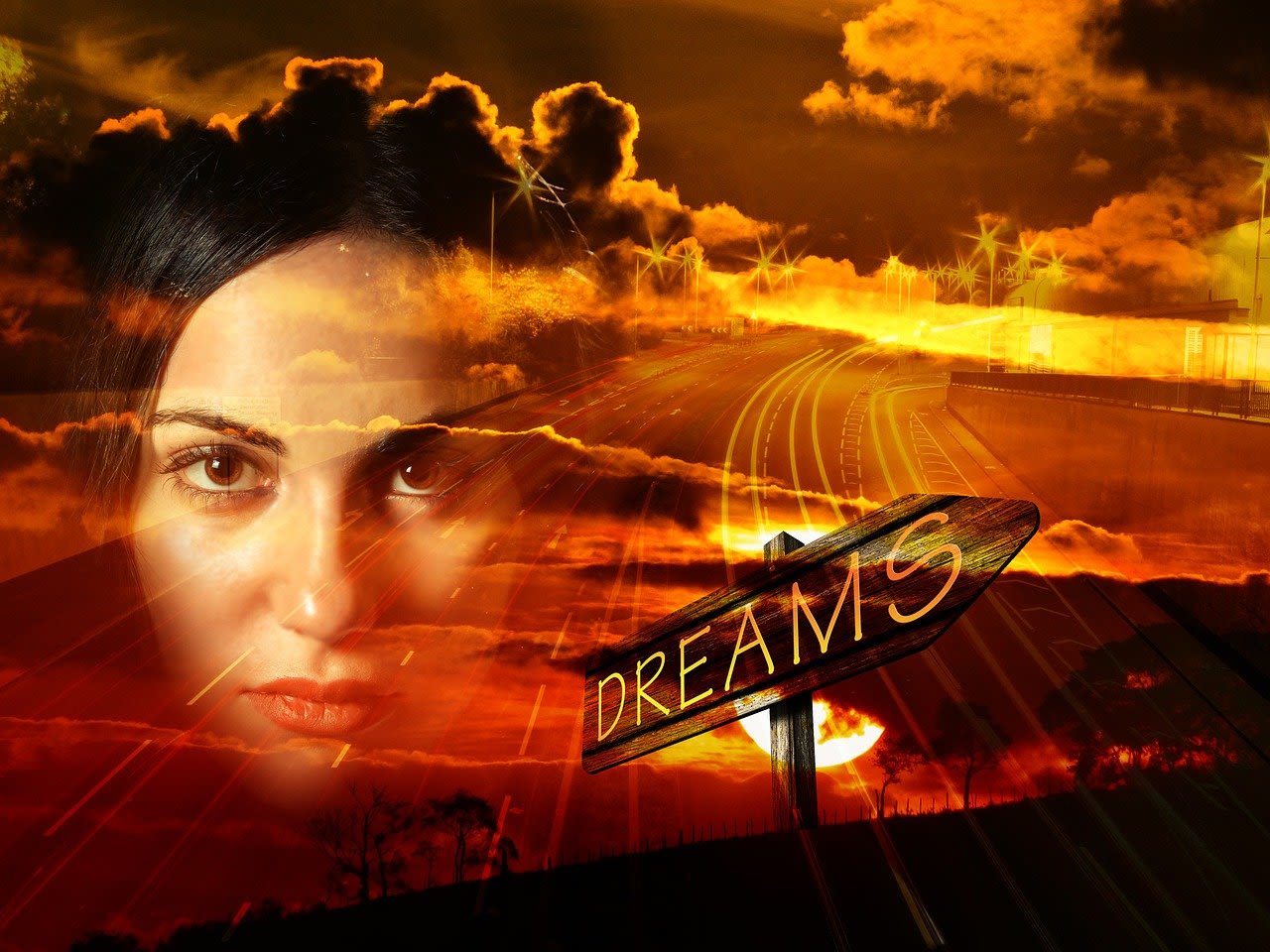


Develop and use your
critical thinking.

It will facilitate you
becoming more conscious.
